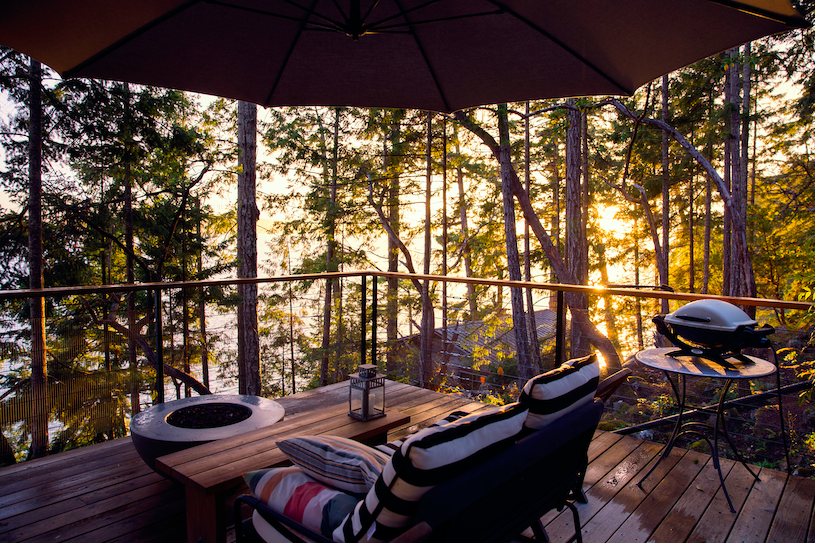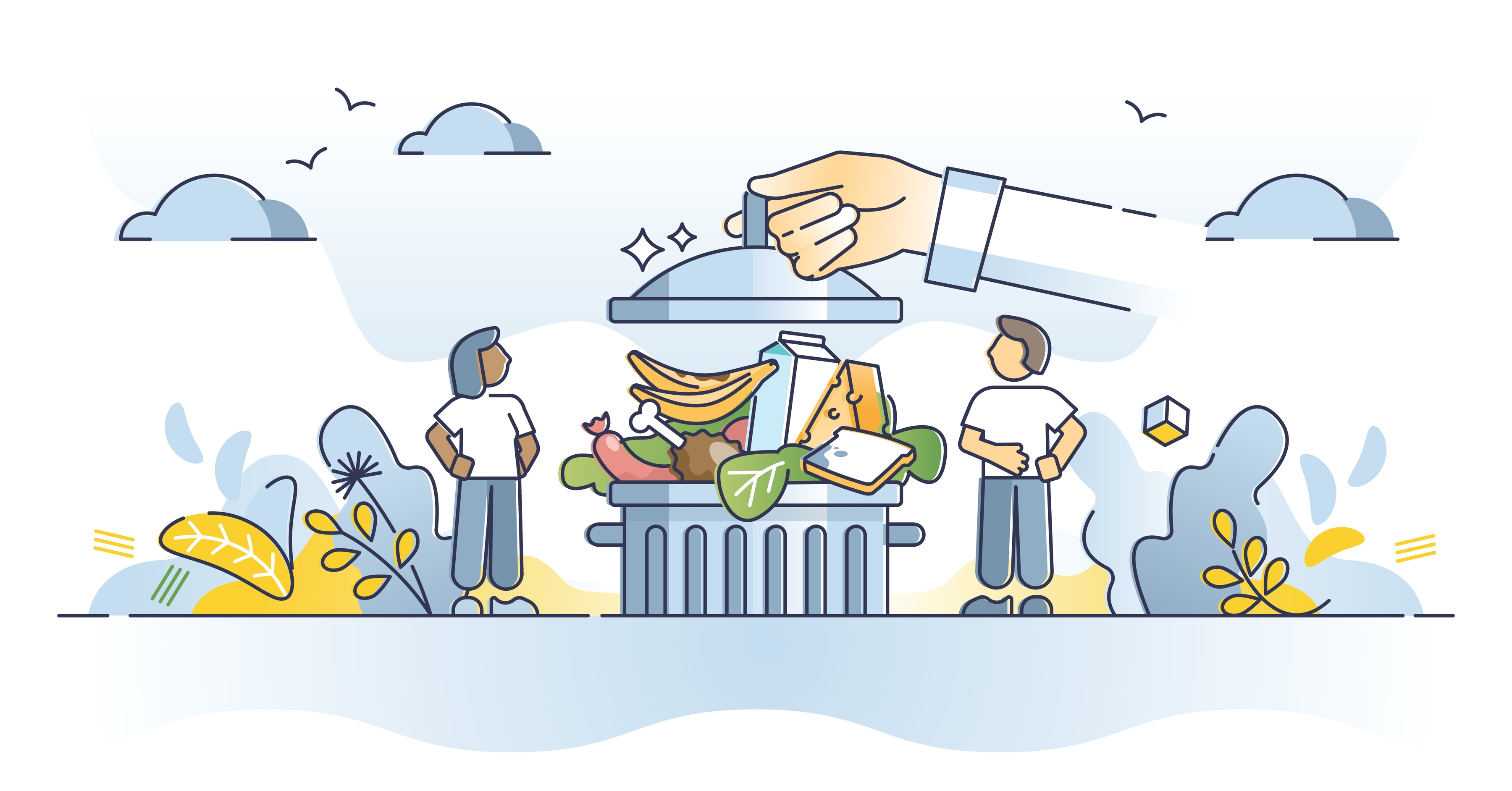Covid-19 has led to a drastic increase in the number of people working from home across the world. Many businesses intend to continue with a ‘hybrid’ approach in the long term, where employees will be allowed to work some days at home and some days in the office. One of the biggest issues reported with working from home is the difficulty in setting boundaries between work and personal life, which has led to an increasing need and desire to ‘unplug’.
Burnout has long been an issue in the corporate world, but Covid-19 has shone a spotlight on the importance of putting our health and wellbeing first.
In 2020, two friends Hector Hughes and Ben Elliot launched Unplugged, offering remote, contemporary-style, luxury cabins just outside of London. On arrival, guests are encouraged to lock away their phones and spend three nights away from all digital distractions to allow them to truly ‘unplug’ and ‘recharge’. During their stay, guests can enjoy all the necessities for unwinding off-the-grid, including luxurious bedding, fluffy towels, gas hobs and cooking equipment, a fridge, rainfall shower, scandi superloo, map of the local area, as well as books, cassettes, and games to keep them entertained.
Hector was inspired to launch ‘Unplugged’ after he spent two weeks in a silent Buddhist retreat in the Himalayas after a busy corporate lifestyle working for a tech startup left him feeling burnt out in 2019. Blown away by the impact of the retreat on his mental health and wellbeing, Hector quit his job one week after arriving back in London. After a discussion with his friend Ben over some drinks about his experience in India, the two began to brainstorm ideas for how they could introduce a similar concept to Londoners that would be more accessible and affordable and ‘Unplugged’ was born from there.
Hector and Ben were certainly not the first entrepreneurs to introduce the concept of retreats to Western civilisation. The idea of heading out to a remote cabin is an established practice in both the US and Australia. For example, Getaway, founded in 2015 by Jon Staff operates under a similar business model. The business, which launched its latest funding round in March 2021, allows visitors to choose an ‘Outpost’, lock away all devices and enjoy being surrounded by nature. The company allows city dwellers to ‘escape’ to a number of areas, such as New Hampshire, Ohio, and the Texas countryside.
However, Hector and Ben found that the concept had been practically untapped in the UK. After months of perfecting the formula, the two launched Unplugged’s first cabin in July 2020. The timing could not have been more perfect, as Brits had been in lockdown for months and were feeling desperate to escape the four walls of their poky London flats. They launched the business with a small Friends and Family loan of £30k, plus a Virgin startup loan of £15k, and, unsurprisingly, the business model has been a hit with a constant backlog of bookings.
Since launching its first cabin in Summer 2020, the business has added two more cabins to its portfolio. Farmers and landowners have responded warmly to the idea, as it provides them with a steady second stream of revenue and diversification of income, particularly in the wake of dwindling subsidies affecting farms across the country.
Burnout has long been an issue in the corporate world, but Covid-19 has shone a spotlight on the importance of putting our health and wellbeing first. As we have been forced to readjust in nearly all aspects of our lives, paradoxically, many people have left their mental health and wellbeing on the backburner. Given rapidly changing situations and the uncertainty of foreign travel for a weekend getaway, a number of companies are creating local travel experiences. This new business model of a ‘digital detox’ takes the rising popularity of a ‘staycation’ one step further, by offering an affordable and accessible option to disconnect from society and reconnect with yourself.



